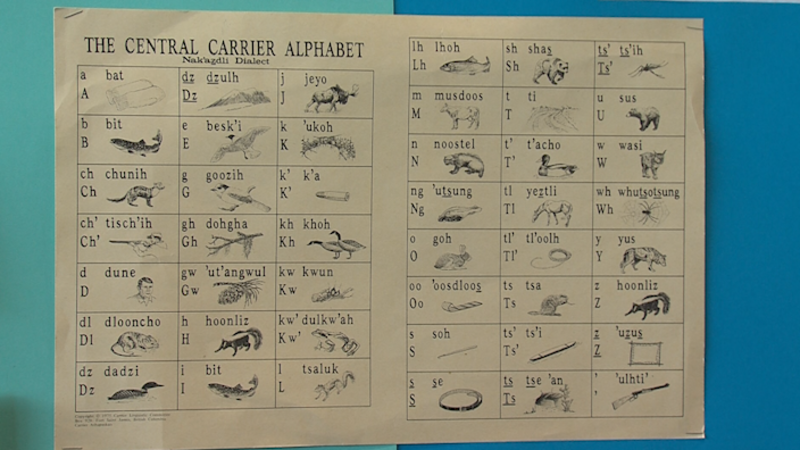
Lheidli T’enneh documenting language
PRINCE GEORGE – The Lheidli T’enneh are embarking on their own venture to document their own language; a significant part of their culture.
“It also ties us to our own stories,” says Josh Seymour with the Lheidli T’enneh. “So the legends that our elders used to share and the stories themselves are significant timeline pinpoints, but their own death count. So in order to understand those stories, we have to understand our language. And then once we start listening to the stories and tying it to timelines of things, we can actually that that goes towards things like strength of the claim.”
